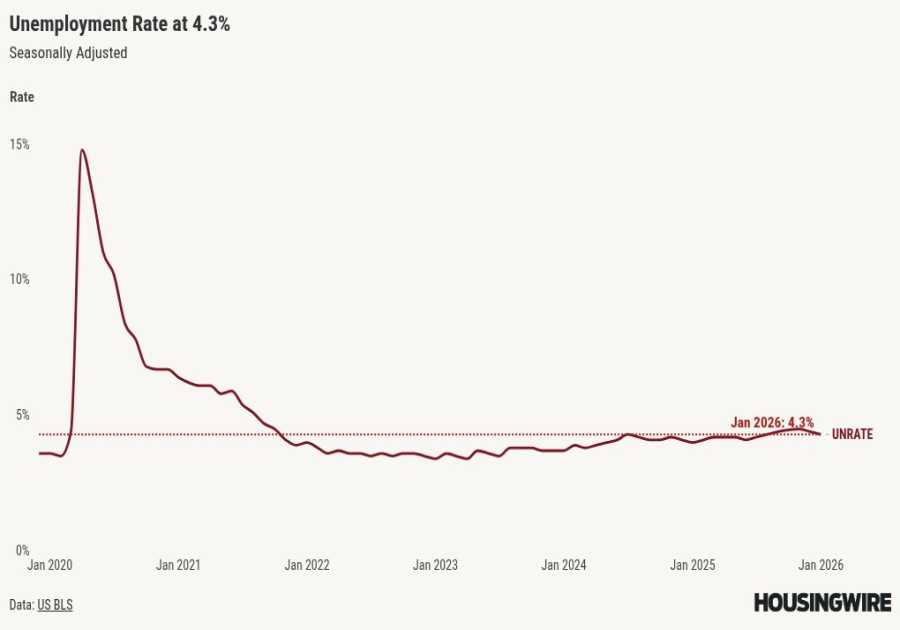One of the biggest mistakes home buyers make in the course of purchasing a home is taking on a mortgage that’s too expensive. In fact, years back, a big reason the housing market endured a serious crash was that too many homeowners had gotten in over their heads financially by taking on mortgages they couldn’t afford.
Since then, the mortgage industry has gotten stricter with giving out loans. And these days, lenders have pretty tight requirements.
But you might still end up in a situation where a mortgage lender approves you to borrow an amount of money you can’t really afford. And so rather than rely on a mortgage lender’s determination of what you should borrow, you’re much better off crunching your own numbers and seeing what loan amount makes sense.
A limited pool of financial data
There are certain pieces of financial data your mortgage lender will have access to in the course of approving your home loan application. Your lender will need to know how much money you earn and what your existing debts look like. Those factors, plus your credit score, will help your lender decide whether you’re approved for a mortgage and what that loan amount looks like.
But your income and existing debts don’t tell your entire financial story. And so it’s important to consider your own big picture when deciding how much of a mortgage to take out.
Let’s say you currently spend $4,000 a month on childcare. Since that’s not a debt, your lender may not know or ask about it. As such, your lender might calculate your mortgage amount under the assumption that you aren’t on the hook for $48,000 a year in daycare expenses.
Or, to put it another way, your lender might determine that you can swing the monthly payments on a $400,000 mortgage based on your existing debts and income. But if based on your total expenses, you feel you can only cover the payments on a $300,000 loan, then that’s the mortgage amount you should limit yourself to.
Don’t get in over your head
As a general rule, your monthly housing costs, including your mortgage payment, property taxes, and homeowners insurance, should not exceed 30% of your take-home pay. But that rule can be adjusted based on your circumstances.
If you have another very large expense to contend with, like childcare, then you may decide you’re only comfortable spending 20% of your income on housing, or 15%. And that’s your choice to make.
Ultimately, you know your own financial situation better than your mortgage lender. So while you may be tempted to borrow as much as your lender will allow you to, a better bet is to run your own calculations and come up with a number that makes the most sense financially.
Taking on too high a mortgage could lead to a world of stress, not to mention put you at risk of falling behind on that loan or other bills. So you’re better off playing it safe and erring on the side of borrowing less.
This article was written by Maurie Backman from The Motley Fool and was legally licensed through the Industry Dive Content Marketplace. Please direct all licensing questions to [email protected].

Read More
By: admin
Title: Why the Mortgage Amount Your Lender Approves Isn’t Necessarily the Amount You Should Borrow
Sourced From: www.pncrealestatenewsfeed.com/why-the-mortgage-amount-your-lender-approves-isnt-necessarily-the-amount-you-should-borrow/
Published Date: Thu, 17 Nov 2022 23:10:57 +0000
Did you miss our previous article...
https://trendinginbusiness.business/real-estate/15-woodburning-stoves-that-add-verve-and-vibe-to-these-cozy-homes
.png)





